How to Effortlessly Unleash Your Creativity and Insight Contributed by: Georgia Ellis Getting out of bed usually takes me a while, and I used to think this was a bad thing. Why aren’t I jumping out of bed like everyone else? I had pretty good sleep hygiene practices and usually get between 7-8 hours of sleep… surely I can get up straight away… but I couldn’t… I even began to feel a little guilty at my slower start to the day, especially when people like Mel Robbins (American podcast host, author, motivational speaker, and former lawyer) devoted an entire book to “The 5 Second Rule” - a simple technique to encourage us to leap out of the sweet warm comfort of our beds and go get our goals… Robbins used it to help herself get out of bed, back in her tough days. She found that if she counted backwards; “5-4-3-2-1 and ACTION!”, she would stop making excuses and jump right up. I won’t deny that having a hard time waking up in the morning could be the result of the natural effects of sleep inertia, your sleep habits and schedule, or sometimes other conditions… but in my case, there was something else going on, something that seemed to leave me feeling inspired and set me up for the day… I noticed that if I lingered in bed for roughly 10-15 minutes upon waking, something magical began to happen…Ideas and solutions would bubble up from within my psyche… ideas for programs and offerings, solutions to problems I was facing and even ways to have challenging conversations I was avoiding would present themselves.
As I lay there, I seemed to have access to what Napoleon Hill refers to in his seminal work “Think and Grow Rich” as “Infinite Intelligence”. According to Hill, Infinite Intelligence refers to a universal, all-encompassing intelligence that exists beyond the realm of human understanding. It's a form of divine intelligence that is accessible to individuals through their subconscious minds. Hill suggests that Infinite Intelligence is the source of all inspiration, creativity, and knowledge. It's the force that can guide individuals toward their goals and desires if they learn to tap into it effectively. Is this what I was tapping into as I lingered longer in bed? According to Hill, we can communicate with and receive guidance from this infinite intelligence, which can help us achieve our goals. Let's face it, as business owners, managers, and leaders, we're constantly striving to innovate, solve problems, and drive success. But what if we are overlooking one of the most powerful moments for creativity and insight that happens not in the boardroom, or brainstorming session but in the quiet moments between sleep and wakefulness? Picture this: you wake up in the morning, the soft glow of dawn filtering through your window. Instead of immediately leaping out of bed and diving into the day's tasks, you take a moment to linger, to let your mind gently transition from the depths of sleep to the clarity of wakefulness. It's in this seemingly idle moment that magic can happen. The science behind this phenomenon is fascinating. As we transition from sleep to wakefulness, our brain undergoes a subtle but significant shift in activity. During deep sleep, our brain produces delta waves, associated with restorative rest. But as we awaken, our brain begins to generate alpha and theta waves, which are linked to relaxation and creativity. It's during this transition that our subconscious mind comes to life. While we sleep, our brains are hard at work processing memories, emotions, and even problem-solving tasks. Ideas and insights percolate beneath the surface, waiting for the opportune moment to emerge. By taking a few moments to linger in bed upon waking, we create a space for these ideas to land. We tap into our subconscious reservoir, allowing creativity to flow freely. This relaxed state of mind, coupled with the transition in brainwave activity, sets the stage for breakthrough thinking and innovative solutions. But for some, lingering in bed can be torture when our lives are full of work and home life responsibilities that don’t allow for an extra 10 minutes under the blankets. If you want to take advantage of this powerful state without staying in bed, try delaying devices, screen time, and coffee until after low cognitive activities such as yoga, a shower or a walk. These activities have been known to also produce ideas and insights. There is also the danger of staying in bed too long as you will naturally move out of the Alpha/Theta creative state into the more active Beta brainwave, where your analytical mind and inner critic will start to emerge. So, if you can take a few extra moments in the morning, be sure to get up and act on the ideas and insights that emerge. For me, I usually head straight to my home office and write down the ideas that present themselves, then go about my morning routine and return to my office to take inspired action. Point in case, the idea for this article bubbled up earlier this week, I made a note of it when I got up, did some research, and scheduled today to write and post it. Remaining in bed is not just about the science. It's also about mindfulness and reflection. In our fast-paced world, we're often guilty of rushing from one task to the next without pausing to breathe. By lingering in bed for a few moments each morning, we practice mindfulness. We become more present, more aware of our thoughts and feelings. This mindfulness sets a positive tone for the day ahead, enhancing our overall well-being and mental clarity. So, the next time you find yourself tempted to leap out of bed as soon as you wake up, whether you feel like it or not, like the famous influencers are telling us to do, consider this: don’t reach for your phone, but give yourself permission to linger for just a few moments longer. You might unlock the key to your next big idea. Embrace the transition from sleep to wakefulness and watch as creativity and insight flourish. Your success may just depend on it. Embrace your Artificial Self Contributed by: Georgia Ellis “I want to discover my Leadership style” said one participant at the kick off masterclass of the 22 week emerging leader program - The Future Ready Leaders Toolkit. What she said was in response to my question “What are your intentions for the program and why are you here?” The other participants began to nod in agreement. They too wanted to find their "true selves". Sure this sounds like a great goal… (and one that I hear a lot in the work I do) "Find out who I am as a leader" (or as a human)… "Uncover my authentic style"…. But... is it really a worthy goal? In the pursuit of leadership or personal excellence, we often encounter the notion of authenticity as a guiding principle. We're urged to be true to ourselves, to lead and live with integrity, and to remain genuine in our interactions. However, a deeper exploration into the philosophy of human nature challenges this rather simplistic view. In Michael Puett and Christine Gross-Loh's book, "The Path", they delve into the writings of various Chinese philosophers including Xunzi, who distinguishes between human nature and artifice. Xunzi asserts that human nature, while innate, is not inherently virtuous. Instead, it's the product of conditioning and societal influences. He argues that true human nature is revealed when our innate inclinations are refined and shaped through conscious effort – what he terms as "artifice." Xunzi's perspective resonates with the timeless wisdom of James Allen's "As a Man Thinketh." Allen emphasizes the power of thought in shaping one's character and destiny. He suggests that the noble and god-like character we aspire to isn't a product of chance but the result of deliberate cultivation through right thinking and sustained effort. At first glance, these philosophies may seem contradictory to the modern notion of authenticity in leadership and finding our true self. After all, aren't we encouraged to be genuine and true to ourselves? However, upon deeper reflection, it becomes apparent that authenticity, as commonly understood, is a myth. The idea that we can simply be ourselves without any external influence or intentional effort overlooks the complexity of human nature. Xunzi ‘s and James Allen’s ideas shaped my response to the participants who wanted to ‘discover’ their leadership style… I challenged them to think a little differently, instead of discovering who they had become because of external forces, I invited the to ‘create’ who they wanted to be as a leader, empowering them to let go of any limiting beliefs or ideas that may have been handed to them from society, and to self author their leadership journey. As leaders (and humans), we're constantly navigating various roles, responsibilities, and expectations. We interact with diverse stakeholders, adapt to changing circumstances, and strive to inspire and motivate others. In this dynamic environment, being true to a static, unchanging self is neither practical nor desirable. Instead, we must embrace the concept of artifice – the conscious effort to cultivate our character, refine our skills, adapt and shape our leadership style. This doesn't mean being inauthentic or pretending to be someone we're not. Rather, it's about recognising that our authentic self is not fixed but fluid, shaped by our choices, experiences, and deliberate actions. Just as an artist crafts a masterpiece through skillful manipulation of materials, we must also create ourselves through intentional practice and refinement. The process of self-creation requires humility, self-awareness, and a willingness to challenge our assumptions and beliefs and become aware of our biases. In essence, authenticity isn't found in staying true to some unchanging essence of self, but rather in the sincerity and integrity with which we engage in the ongoing journey of self-discovery and growth. It's about aligning our actions with our values, inspiring trust through consistent behaviour, and fostering genuine connections with others. So, as you bust the authenticity myth, you liberate yourself from the constraints of the what was and embrace the transformative power of artifice with “what if” and “who could I be”. I invite you to cultivate the best version of yourself through self reflection, choosing who you want to be, conscious and persistent effort, continuous learning, and a commitment to being the best version of you so, you not only fulfill your potential but also inspire others to do the same. Opportunities for to Self Discovery and Continuous Learning
Contributed by: Georgia Ellis My Personal Journey of Self-Empowerment In my current and previous roles as a leader, coach, and facilitator, I've discovered that confidence isn't just a trait; it's a mindset that can be cultivated and honed over time. Recently I facilitated management/leadership training for a group of predominantly male, blue-collar managers, the group was a mix of office-based managers and workshop managers who managed skilled fabricators. Most in the room had never had any form of management or leadership training before and I was a little apprehensive around the reception I’d receive. We got off to a flying start, a little bit of humour and storytelling goes a long way to making those not used to being boxed up in a small conference room for a full day feel at ease. We finally made it to the morning tea break when a male participant mentioned that he was really good at reading people, so I challenged him by asking “What’s your read on me?” his reply “ I can tell you have a lot of self-confidence, the way you handled a room of what I would consider a difficult audience and had everyone contributing withing the first 30 minutes shows both that you are passionate about what you do and you know your stuff”. It was a lovely compliment, and put me further at ease for the rest of the day… but it also got me thinking… I wasn’t always this way… I hadn't always exuded confidence... what had I done that allowed me to display an air of confidence that was clearly noticeable by other people? Upon reflection I realised that my journey towards greater confidence began with a simple yet powerful approach that accelerated my progress: flooding my subconscious with a vision of the person I aspired to be. Through mental and physical rehearsal, I ingrained confidence into my very being until it became second nature. Drawing on my intrigue into human potential and the knowledge I had gained over 20+ years deep diving how to harness our mind, in particular the subconscious aspect of our mind that drives up to 95% of our results. I had gathered and tested various approaches that allowed me to retrain my subconscious mind. My journey lead me to the discoveries in neuroscience, psychology and even some ancient wisdom, all telling the story of the part of us that we have come to know as our 'default network' and how we can use the 5% of our mind to consciously make changes to our outdated programming, beliefs and ideas. I then took what I had learned and applied it to my own life, I created a new identity - one that oozed confidence. This is what I did, and if you feel you could do with a bit of a confidence top up, I invite you to experiment with the ideas in your own life. Tip 1: Immerse Yourself in Your Vision: I flooded my mind with images of myself as a confident, assertive woman. Visualising success in various scenarios helped reshape my subconscious beliefs about my abilities. Tip 2: Prepare and Rehearse: Confidence grows when we confront our fears head-on. By gathering information, planning my approach, and mentally rehearsing before challenging situations, I pre-emptively tackled doubts and uncertainties. Tip 3: Practice, Practice, Practice: Whether it's mastering a new skill or navigating difficult conversations, consistent practice breeds confidence. (I rehearsed everything even my new identity) I embraced every opportunity to step out of my comfort zone, knowing that each experience contributed to my growth as a leader. How did I know it worked?
Applying these principles proved that confidence isn't an innate trait reserved for a select few; it's a mindset that can be cultivated through deliberate effort and perseverance. Yes we can change our identity and confidently step out of the self-imposed boxes we find ourselves in. If I can do it, you can too... but it takes effort! Change is not passive! So, I invite you to embrace the power of visualisation, preparation, and practice to unlock your full potential, to step out with greater confidence and be a positive role model in our ever-changing world. Remember: Confidence isn't just a destination—it's a journey of self-discovery and empowerment and changing who you are starts by changing how you think – the thinking parts the easy bit! Contributed by Layla Wyatt Future Market Insights asserts that the Australian leadership development program market has a projected CAGR of 8.9% from 2023 to 2033. Notably, technology-driven learning methods are increasingly adopted within leadership development programs. "Leadership is not merely giving orders; it's about inspiring, guiding, and adapting to the future. Embrace technology-driven learning to cultivate extraordinary leaders," says business expert Olivia Jones of Askfunding.– Australia's top loan and financial provider. Leadership isn't just about giving orders and making decisions; it's about inspiring, motivating, and guiding the team toward success. Dive into how coaching and professional development programs can turn ordinary leaders into extraordinary ones. 1. Developing Soft Skills with a Smile Coaching programs often focus on soft skills like empathy, active listening, and emotional intelligence. It's like the chocolate chips in the leadership cookie—they make the whole experience sweeter! Coaching helps to understand your team's needs and motivations, fostering a positive work environment. It builds trust among members and a sense of belongingness 2. Boosting Self-Awareness Coaching programs often include self-assessment tools and exercises to help you better understand your strengths, weaknesses, and blind spots. It's like having a mirror that reflects your leadership persona to you. It leads to confidence, more informed decisions, a tailored leadership style, and realistic goals. It's like upgrading your leadership armor to withstand any challenge! 3. A Playbook For Success Professional development programs help leaders develop a deeper understanding of their roles through workshops, seminars, and interactive sessions. It's like attending an action-packed boot camp where you hone your leadership skills, and instead of push-ups, you do problem-solving exercises. Life Reloaded, Superior Thinkers Toolbox, and Future Ready Leaders Toolkit are programs that can upgrade your leadership skills. Whether mastering new technology, understanding market dynamics, or refining your project management skills, these programs turn you into a leader who's always ahead of the game. 4. Highlights The Value Of Feedback Coaching empowers leaders by offering a safe space for self-reflection, feedback, and goal setting. It's a two-way street where a team can grow together. Through open dialogue and constructive criticism, coaches help leaders identify strengths and weaknesses and enhance their skills. They also hold you responsible for your commitments and track your progress. 5. Playful Experimentation And Innovation Professional development programs often encourage you to step out of your comfort zone and try new things. It's like having a laboratory where you can conduct playful experiments in your leadership approach. By exploring fresh ideas and taking calculated risks, you'll discover innovative solutions to old problems. It's like inventing your leadership magic! 6. Building A Support Network Coaching and professional development programs introduce you to a network of like-minded individuals. It's like joining an exclusive club where you can exchange ideas, experiences, and support, helping you tackle challenges with newfound confidence. Refine Your Leadership Style With Blue Chip Minds Coaching and professional development programs are the unsung heroes in the world of leadership.
A powerful ripple effect arises as leaders become empowered through coaching and professional development programs. Like a stone thrown into a pond, the impact goes far beyond the initial point of contact. Blue Chip Minds is an organisation dedicated to cultivating the talents of young minds and helping them thrive in the world of technology, science, and entrepreneurship. We help individuals develop essential skills and knowledge to become future leaders! Contact us to learn about Australia’s top global professional development solutions provider. This Blog was written to help you understand one of the most bewildering communication approaches - Ghosting. If you have had someone suddenly and intentionally cut off all communication with you without any explanation, justification, or warning after a period of consistent communication or even after a few interactions the following information may help you understand why they may have disappeared. It's not a 'magic' trick... there's so much more to this complex (and often hurtful) behavior. In the Blog I focus predominately on the ten common reasons why someone may have suddenly disappeared from your life. I look at it from the 'Ghosters' mindset. This doesn't mean the one who has been 'Ghosted' hasn't played a part in the situation. Contributor: Georgia Ellis In the work I do I am often helping my clients make sense of situations where all of a sudden communication with another person suddenly ceases without any real explanation. I too have experienced this personally and professionally (Mostly from decision makers in large organisations who engage my services, get a proposal and then… nothing but crickets), its bewildering, hurtful and often frustrating to the person who has been cut off and even if we have the mental complexity and emotional awareness to meet the demands of the situation, if the other person doesn’t then what we thought were meaningful relationships can suddenly slip away. “The most painful goodbyes are the ones that are left unsaid and never explained.” — Jonathan Harnisch, Freak Ghosting really is a bit of a head-scratcher in today's world and sadly it seems to be happening more and more. 👻 If you’ve experienced it firsthand and wondered why people choose to ghost others, let me help you with some of the psychology behind this complex (and often hurtful) behavior. Why Ghosting Happens Ghosting isn't just about a lack of communication skills on the part of the person doing the ghosting. It often stems from a mix of emotions, circumstances, emotional immaturity, and limited mental complexity (sometimes by both parties). 10 Reasons Why You're Being Ghosted 1. Lack of Maturity Immature individuals might prioritise their own needs, feelings and comfort over the impact of their actions on others. This can sometimes occur on both sides of the Ghosting situation. For the ‘Ghoster’ sudden disconnection can seem like an easy way to avoid discomfort without considering the emotional toll it can take on the other person and for the ‘Ghosted’ they may be ignorant of the impact they are having on others. 2. Limited Mental Complexity Some individuals struggle to fully grasp the impact of their actions on others due to limited interpersonal skills and inability to understand different perspectives, values and emotions. 3. Accountability Avoidance Someone lacking maturity or mental complexity might struggle with taking responsibility for their actions. Ghosting provides an escape from facing the consequences of their behavior or explaining themselves. 4. Conflict Avoidance Sometimes, the fear of confrontation or difficult conversations leads people to ghost. It's like hitting the "escape" button to avoid discomfort. 5. Uncertainty When feelings are murky or they're unsure about the relationship's direction, ghosting can seem like a way to buy time and figure things out. 6. Digital Disconnect In today's digital age, the emotional impact of ghosting might feel less real due to the impersonal nature of online communication. The growing need for instant replies may make you think you’ve been ghosted when someone has simply switched off. 7. Self-Protection Individuals with low self-esteem or a fear of rejection might ghost as a defense mechanism to shield themselves from potential hurt. 8. Emotional Immaturity Ghosting can arise from a lack of emotional maturity, making it challenging to navigate and communicate complex feelings and handle relationships with consideration. 9. Inexperience in Relationships Individuals who are less experienced in navigating relationships might resort to ghosting as a coping mechanism simply because they haven't yet learned healthier ways to handle your behaviour. (a curse of our digital world) 10. Priorities Clash Sometimes, juggling life's demands can become overwhelming, leading someone to unintentionally disconnect. A Call For Empathy While ghosting might seem like an easy way out, in the long run it’s an uneducated approach that pulls humanity backwards. If you use Ghosting as an approach, or you have been Ghosted, it's essential to reflect on the role you are playing in the situation and consider the emotions on the other side. In the communication masterclasses I run we highlight the need to bring more curiosity, courage and compassion to our interactions and remembering that we're all human (yes we make mistakes - #apologise) By dialing up these three approaches we can create stronger meaningful connections. “The only thing more unthinkable than leaving was staying; the only thing more impossible than staying was leaving. I didn’t want to destroy anything or anybody. I just wanted to slip quietly out the back door, without causing any fuss or consequences, and then not stop running until I reached Greenland.” ― Elizabeth Gilbert, Eat, Pray, Love Healthy Alternatives: Instead of ghosting, build your emotional intelligence and mental complexity by trying some of these healthier ways to manage relationships: 1. Open Communication: Share your thoughts and feelings to help others better understand whats going on and collaborate on a resolution. 2. Setting Boundaries: It's okay to take space, but communicate that you need time or your needs have changed instead of disappearing. Share whats important to you in the situation and why you may need some time. 3. Honesty: If the connection isn't right, be upfront and respectful about your feelings. 4. Empathy: Put yourself in the other person's shoes—how would you want to be treated? A Better Way: Ghosting might be common, but it doesn't have to be the norm.
Respectful communication, empathy, and consideration for others should ideally be part of healthy interpersonal interactions, regardless of one's level of maturity or mental complexity. I invite you join the movement that values communication, self awareness, understanding, and compassion. By treating others the way we'd like to be treated, we can foster healthier connections and build a more empathetic world. 💙 "Step toward a better you. Step into self-investment." This mantra was the stepping stone that transformed my life from the ordinary to the extraordinary. Contributed by Layla Wyatt, inspired by the Blue Chip Minds Journey. What is Self Investment?The Australian Government Department of Education, Skills and Employment defined self-investment as a commitment to learning and development to enhance one's skills and capability, fostering personal and professional growth. Let's plunge into a saga of self-investment and transformation in the essence of a story.
“We believe that self-investment is a game changer. It's the key to unlocking your potential and transforming your future. It's not just about financial growth, but personal growth and fulfilling your dreams," says Shane Perry, entrepreneur and small business loan provider at Max Funding. I still vividly recall those days, looking at my life cycle spinning around like a hamster wheel - work, eat, and sleep. My day-to-day routine was secure, stable and unchanging; even an inkling of uncertainty was conspicuously absent. But living this structured life casts a shroud over the potential spark within me. I was comfortable, yet unsatisfied. I yearned for a challenge, a catalyst that would stimulate my growth, personally and professionally. Throughout this time, I found solace in an incredibly profound quote: "The only person you should try to be better than is the person you were yesterday." These words hit me like a gust of fresh wind, pushing me towards the edge of my comfort zone. They became the beacon guiding me on the path of transformation - self-investment. Unlike popular opinion, this path did not involve a monetary commitment. Still, it required a more personal commitment of persistent effort, undivided focus, and endless patience towards personal growth and self-improvement. Fast forward to today, I've developed this same transformative opportunity through programs like 'Life Reloaded', 'Superior Thinker’s Toolbox', and 'Future Ready Leaders Toolkit' at my initiative, Blue Chip Minds. These programs are carefully designed to help individuals and teams build mental complexity – just as it helped me. Self-investment doesn't require an extravagant leap. Embark slowly and consistently—like a drop causing ripples in a calm water body, as does your continuous self-investment effort. The more you invest, the wider the growth and impact. People often associate investments with instant gains. However, self-investment is a marathon, not a sprint—transformations don't happen overnight. They require patience, resilience, and the will to step out of your comfort zone, explore, and be curious about your capabilities. Does it feel uneasy? It should, and that's perfectly okay. Any form of investment involves risks and uncertainties. However, remember, it's always possible to learn, change, and grow. The fruits of these efforts enrich and equip you with skills that propel you in your profession and unfold a better version of you. What if you fall along the way? Ah! But what if you fly? The very essence of self-investment lies in challenging your doubts and fears. Invest in nurturing your mindset, honing your skills, fuelling your creativity, and cherishing your well-being. At Blue Chip Minds, we believe, and help you believe, in your potential to be exceptional—through our programs, workshops, and self-development modules. We guide you along the path so you can one day reminisce and share your story of transformation with the world. So, how about you start today? Unleash your potential, invest in yourself, and watch the magic unfold. Contact us for more information. And remember that the biggest investment you can make is in yourself. Contributed by: Lalya Wyatt The Australian Department of Health emphasised that mental health is critical to our well-being. Virtual gatherings, events, and training programs have become increasingly popular ways to support mental health and maintain social connections during these challenging times. "Virtual gatherings and events have become a lifeline for many individuals during these challenging times, providing a safe and supportive environment for maintaining social connections and supporting mental health. Training programs can also be crucial in building mental complexity and developing new tools for navigating life,” says virtual events extraordinaire Shaun Stephens at Loghic Connect. In this article, we'll explore the mental health benefits of virtual gatherings and events and how training programs can help individuals build cognitive complexity. Virtual meetings and events offer many mental health benefits, including the following: 1. Maintaining Social Connections
2. Reducing Stress And AnxietyVirtual gatherings and events offer a safe and comfortable environment where individuals can connect with others without the added stress of leaving their homes. This can be particularly helpful for individuals who experience anxiety or stress related to social situations or travelling. Additionally, these virtual events can provide an excellent opportunity for those with introverted tendencies to participate at their own pace and engage more confidently in social interactions. By offering a more controlled and less overwhelming environment, virtual events allow these individuals to relax and engage in activities that promote relaxation, stress reduction, and a sense of social connection. 3. Providing A Sense Of Community Virtual gatherings and events can create community and belonging by transcending geographical boundaries and cultural differences. One of the significant benefits of these global virtual events is the opportunity to interact with people from different cultures and countries without the need to leave your home or office. For example, imagine participating in a leadership course alongside a manager from Dubai, a leader from Poland, a coach from Sweden, and a leader from Melbourne, all hailing from different industries. This diverse environment fosters a rich learning experience, as participants can gain insights and perspectives from various cultural backgrounds, enhancing their understanding of global issues and promoting cross-cultural communication skills. 4. Learning New Skills Virtual events (such as conferences and summits) and training programs allow us to learn new skills and expand our knowledge alongside diverse people from different backgrounds and cultures. This can help individuals build mental complexity and develop new tools to navigate life. Learning new skills can also promote a sense of accomplishment and self-esteem, improving mental health and well-being. Another significant advantage of virtual events is the ability to fit your learning into your lifestyle without travelling to a specific location. This flexibility makes education and personal development more accessible, allowing individuals to balance their personal and professional commitments while pursuing growth and development opportunities. This adaptability can lead to reduced stress and greater control over one's life, further promoting mental health and well-being. 5. Building Mental Complexity Mental complexity involves seeing multiple perspectives and understanding the complexities of different situations. It consists in having a flexible mindset and adapting to changing circumstances. Mental complexity is essential for navigating life and can be developed through training programs. Virtual events and training programs can provide tools and strategies for managing stress and anxiety, improving mental resilience, and building mental complexity. These skills can be applied to various situations, including work, relationships, and personal growth. Unlock Your Social Potential: Develop Mental Complexity For Success At Work And Life With Blue Chip Minds
Virtual gatherings and events offer many mental health benefits, including maintaining social connections, reducing stress and anxiety, and providing community. Training programs can help individuals build mental complexity and develop new tools for navigating life. Investing in these programs can help individuals take control of their mental health and well-being and build resilience for the future. Blue Chip Minds offers programs that educate leaders + individuals on the latest scientific discoveries about human potential and the human condition. At Blue Chip Minds, we understand the importance of mental health and well-being. That's why we offer programs with a blended delivery of face to face or virtual such as Life Reloaded, Superior Thinkers Toolbox, and Future Ready Leaders Toolkit to help you discover your unused potential. Contact us today for more information. Photo by Thought Catalog on Unsplash Contributed by Layla Wyatt The Australia and New Zealand School of Government suggests that mental complexity might be the key to unlocking better performance at work and a better quality of life. The more you understand your motivations, goals, thoughts, and emotions, the better equipped you will be to achieve your ambitions. "No one knows for sure, but many believe that having high mental complexity can confer several advantages in both work and life. This is because mentally complex individuals tend to be strategic thinkers, able to multitask and process multiple streams of information, which is a big asset to the workforce, especially in business industries," says business funding expert Shane Perry of Fund Spot—Australia's top provider of business funding solutions One facet of mental complexity is how individuals relate to the outside world and themselves. It depends on whether they can differentiate between the thoughts and feelings that they have and the thoughts and feelings that "have me." Developing mental complexity skills can benefit your personal and professional life. Here are some ways in which mental complexity can help you 1. Improved Decision Making Mental complexity can enhance your ability to consider multiple perspectives, anticipate potential outcomes and evaluate alternatives. This can lead to improved decision-making by enabling you to make more informed and effective choices. 2. Improved Ability To Work Through Difficult Situations Having a higher level of mental complexity can enhance your ability to work through difficult situations by enabling you to consider a broader range of perspectives, analyse complex information more effectively, and devise creative solutions to problems. This can lead to greater adaptability, resilience, and success in personal and professional settings. 3. An Increase In Clear And Effective Communication
4. Enhanced Capability Of Adapting To Changing Circumstances Mental complexity can enhance your capability to adapt to changing circumstances by enabling you to consider multiple perspectives and solutions. A more complex understanding of the world may better equip you to navigate unexpected challenges and identify opportunities for growth and learning. 5. Improvements To The Working Experience A greater mental complexity can lead to an enhanced working experience. This complexity allows individuals to think more critically and creatively, leading to better problem-solving skills and the ability to approach tasks from various angles. Start Developing Your Mental Complexity Developing mental complexity is not an overnight process but a critical component of personal growth and development. To start, expose yourself to different ideas and perspectives, seek diverse experiences, and challenge your assumptions and beliefs. It is also advisable to seek some help and guidance from professionals.
Blue Chip Minds established existing programs such as The Superior Thinkers Toolbox, Life Reloaded and The Future Ready Leader's Toolkit to inform people about what science is learning about the human condition and our untapped potential. We demonstrate to participants how to connect various maps, models and tools and use the concepts professionally and personally. Our method results in genuine transformation, increased mental complexity, long-lasting behavioural modification, and attitude adjustments. Contact us for more information. Do you find yourself pulled between your personal desires or responsibilities and doing what needs to be done for your business or career? In the early 2000’s while managing over one hundred and fifty staff spread across more than forty-one thousand square kilometers, (without Zoom or MS Teams) I was introduced to the concept of work life balance, and I began instilling the idea with the team. It sounded like a great theory at the time, especially with early mornings and late evenings after driving from location to location to visit team members. But with hindsight and knowledge backed by personal experience I came to understand that to obtain true work life balance, a 50/50 split, was not only impossible but trying to achieve it was creating unnecessary stress… kinda defeating the purpose. In the world we woke up in today, things are vastly different than twenty years ago, we can access work from personal devices, and connect with team members across multiple time-zones with the click of a mouse and more of us are choosing to work from home making it so much easier for our focus to be hijacked by less important and often trivial distractions. This can have a detrimental flow on effect on our productivity, relationships and performance as we unconsciously relegate the things that matter the most to the ‘I’ll get to that later’ list. In the leadership programs we run, there is a fun and often tormenting activity we do where participants are forced to let go of the things they believe are important to them in order to get to what really matters most… One by one we witness managers and leaders letting go of their gym memberships, their barista brewed coffee, their nightly glass of wine, their entertainment subscriptions, their hobbies, and even personal freedom is sacrificed as they narrow down to the one thing that matters most to them. Do you know what 98% of participants declare as their most important thing, what they couldn’t live without? It’s Family! If you find yourself doing things that are not important, or chipping away at outdated processes, maintaining unproductive habits that take you further and further away from what matters most to you or heck, you may still be trying to achieve the impossible 50/50 work life balance, you know, feeling guilty at home on the days when work needs to be a priority and thinking you’re in the wrong, or your reputation will be ruined, when personal and family commitments impact your work. It doesn’t have to be this way, you can equip yourself with cutting edge tools to help you navigate the demands of the day, increase productivity, and focus on what matters. I know it can be painful doing things that are not working for us and at the same time not having the knowledge to push back confidently and intelligently on the things that negatively impact our well-being, relationships, goals, values, and time. Before learning or sharpening the tools that will help you do more of what matters… you may want to first understand the 6 most widely experienced derailers I see people from all walks of life struggle with. After 20+ years of diving into the fields of human potential, mindset and neurobiology and psychology combined with 1000’s of hours coaching I noticed common traps we all unwittingly fall into when it comes to getting to the things we really want to do or spending time with the people that matter most. If you are like me and want good results, I have no doubt that you know that to achieve results and perform at our best we need to be confident in our decisions, efficient in our thinking and productive with our time. This is easier said than done because no matter how hard we try to be productive and do what matters, there always seems to be people, situations, notifications, and that pesky inner voice that have the potential to distract and derail us. Derailer #1 - The People Pleaser What I have noticed both within myself in the past, and with coaching clients is the first issue we face. To put it simply, we want to please everyone. Being a people pleaser and not being able to say no effectively leads to doing things not aligned to our goals or doing things to keep other people happy or maintain an unhealthy peace. Derailer #2 - Wired to Avoid Change The second derailer comes from our neurobiology - we are wired to avoid uncertainty. This innate need to feel safe can slow down or even prevent decisions from being made. This leads to procrastination because we’re afraid to make a start or do things differently. We end up fighting against anything that takes us away from homeostasis, clinging to how things are or how things were, wired to stay in the safety of an outdated way of being. Derailer #3 - Unhealthy Habits We can look to biology to understand the third derailer. Derailer number three is our unhealthy well-being habits draining us of the energy we need to get things done. Our energy is derived from the type of food we eat, how much we move, and the quality of our sleep. These are all important factors that impact energy levels and our ability to do what matters, often giving preference to an easy task (think Netflix, gossiping or social scrolling) to match our low energy levels. Derailer #4 - Misaligned Identity The fourth derailer is a psychological one. When our subconscious identity is not aligned to the work we need to do we will unconsciously sabotage our efforts. When who we assume and believe we are is not aligned to who we need to be to get the work done we end up going in circles often reverting to our old ways. If you want to dive a little deeper into the power of your self-image, grab copies of Gay Hendricks book ‘The Big Leap', Chip and Dan heaths Book 'Switch' or Maxwell Maltz book ‘Psycho Cybernetics’. The deeply held beliefs you hold about yourself create a protective system that can sometimes lead to us sabotaging our efforts to focus on what really matters. Derailer #5 - Unsupportive Environment The fifth derailer is an environmental one. You can't be productive if your physical, social, or mental environments are unsupportive. To set yourself up for success in this area be sure to create an uncluttered space dedicated to the work that needs to be done. Ensure that you are socially supported by engaging in a coach or buddy to cheer you on and hold you accountable to delivering on your objectives. It is equally important that you create a supportive mental environment by choosing narratives that support your outcomes such as telling yourself things like:
In essence you’re giving yourself a pep talk to override any beliefs that suggest you don’t have the time, energy, or capacity. Remember: Your mental attitude will always influence you output. Derailer #6 - Distractions And sixth most common thing that derails us is distractions, and wow… the world certainly has turned up the volume on distractions and shiny objects, stealing our attention away from what’s important. Distractions big or small such as noise, notifications, interruptions from other people or pets, regularly checking emails or your phone. Anything that takes you away from what you are doing are the biggest derailers of productivity. These unwanted intrusions on our time slowly eat away at any hope we may have of consciously integrating our work with our life. Believe it or not distractions are the easiest to fix when you know how to set boundaries for yourself and for others. If you'd like some easy fixes to help you deal with distractions grab yourself a copy of Nir Eyal’s book ‘Indistractible’ Getting Back On Track What’s interesting about these six common derailers is that we can overcome all of them by overcoming the first one. Once we know how to say no in an enlightened way, we begin to help ourselves and others to let go of the things that no longer serve us and to focus on what’s important. We can set boundaries for ourselves to create healthy well-being habits, we can set clear limits and expectations as to the person that we want to become, we can say no to the things in our environment that get in the way of our best performance, and we can deliberately put measures in place to ensure we are not distracted from what matters most moment to moment. It’s up to you to get yourself on track and more importantly, stay there. The tools are available in books, podcasts, and courses. The first step is to determine what really matters to you, what’s your priority in any given moment then check to see which of the derailers are present. We know that knowledge alone doesn’t do a darn thing, so if you want support to kick any of your bad habits, outdated self-beliefs or fixed mindset to the curb… I’m opening up my diary to 6 people who are yet to experience Blue Chip Minds Coaching and who want to get back on track to join me for some complimentary 1:1 time in a 30min get me back on track session. So… what stops you most often?
Drop me a line, I’d love to hear what derails you and how you plan to get back on track. Here’s to you doing more of what matters. Contributed by Georgia Ellis Contributed by Georgia Ellis Deciding is one of the single most powerful mental moves you can make to help solve your problems. Your entire life is dictated by the decisions you make moment to moment. The health of your mind and body, the well-being of your family, your financial stability, your career success, how much a person will trust you and, the type of relationships you develop, all depend on your ability to make sound decisions. In the workplace 60% of two thousand executives surveyed reported that bad decisions were as frequent as good ones. When it comes to our personal lives people are making as many bad decisions as good one too. Consider the people who haven’t saved enough for retirement, and if they have ‘squirreled’ some money away, they often erode their portfolios with fear-based decisions or short-term payoffs. This was evident in Australia in 2020 when due to the global pandemic, people were given the option to access their superannuation savings to help meet their living requirements, yet some people withdrew the funds for hobbies, sports equipment, entertainment or to purchase a car. Ultimately decisions bring order to our mind, and this order is then reflected in our life. British philosophical writer James Allen wrote: “No one can see you making decisions, but they will almost always see the results of your decisions.” - James Allen I personally subscribe to the notion that we live and die by the decisions we make, and that for the most part we can rectify any ill-informed decisions. There are, however, people who make a decision and if they don’t get the desired results, they feel like a failure. The thing is, failing doesn’t make anyone a failure but being quick to throw in the towel when the going gets tough… well maybe that could be seen as failing. Pushing through or quitting are both decisions therefore any lack of accomplishment or high levels of achievement on your part are both the result of your decisions. What I find interesting about decision making is that we often think we make well informed decisions, yet the truth is, unless we have high levels of self and environmental awareness, we will neglect to consider the hidden influences both internal and external that unconsciously impact our judgements. Most of us don’t realise that our important decisions could be swayed by seemingly meaningless external factors. In the workplace judgements and decisions can be swayed by who spoke first in the meeting, what day of the week it is or whether the local football team won last night’s match. At home we could be swayed by the room temperature, whether we’ve eaten or how much sleep we had. Internal factors that can impede our decision making include subconscious programming that has formed certain biases over time, our unchecked assumptions, and our short-term emotions. These internal influences often move us away from rational and intuitive processing and lead to uneducated often bad decisions. Our hidden influences are rarely considered in our everyday approach to decision-making. When we encounter a choice, we tend to not entertain alternative options, often analysing our options through the lens of our confirmation bias which is only seeing information that we want to see. While our short-term emotion tempts us to make the wrong decision for the wrong reasons. Consider the times you made an irrational decision in a moment of anger, frustration or even during those warm fuzzy feelings of new love. We can make better decisions by bringing these hidden influences to the surface. A method I have been playing with in recent times has helped me to begin to recognise and lean into my biases and assumptions. And I’d love to share it with you here. When faced with a decision our incredible brains filtering system likes to point us towards the information that backs up our beliefs and values. As we consider our options and form our assumptions, the confirmation bias begins to block out information outside of our beliefs, leading us towards self-serving information. It’s at this early stage of the decision making process that I try to become aware that this is likely happening to me and I go about testing my assumptions. Testing Assumptions doesn’t come naturally. That’s the whole point of the confirmation bias—deep down, we never really want to hear the negative information. When testing assumptions, the aim is to collect information that you can trust however the confirmation bias skews your assessment by making you prefer one option over another and homing in on favourable data. To overcome this blind spot, you can develop the discipline of considering the opposite of your initial instincts. (I’m trying to build this muscle and boy oh boy the confirmation bias force is strong) You can also test your assumptions by asking yourself this simple question: “Is what I’m assuming happening 100% of the time to 100% of the population?" You can also test assumptions with constructive disagreement either with another person, or if your critical thinking is dialed up, pull out your journal and disagree with yourself. A curious mindset is super helpful too, you can dial up your curiosity by asking yourself and other people probing and open-ended questions to uncover information that your biases had previously blocked. Our assumptions and confirmation bias doesn’t just affect what information we go looking for; it also affects what we notice in the first place. (Damn our brains are clever at making us see what we want to see!) Depending on the importance of your decision, you can challenge your assumptions with formal well conducted research. This type of research is a learned skill; it is challenging, nuanced, complex and time consuming. Most of us don’t have the time, skills, or desire to do proper research. Most of us have become lazy, relying on gossip, information from less than credible sources, social media feeds and the mainstream news for information to help inform decisions that in some instances can have far reaching and negative effects on our results and wellbeing. Ultimately, it’s up to you to determine the level of due diligence your decision requires, choosing what vacuum cleaner to purchase, deciding if you want to be the first to trial a medical procedure, or contemplating whether to take a job that requires uprooting the entire family and taking them to a foreign country all involve different levels of research (Unless you’re like me who spent way too long researching a recent vacuum cleaner purchase!) If you do choose to conduct research, it’s helpful to know what formal research isn’t. Formal Research is Not:
This type of ‘fact finding’ is confirmation bias. Any of these sources are quickly and easily ruled out when doing actual formal research. Beware of google algorithms, they too are heavily biased to point you in the direction of your search history. When a decision requires accurate balanced research, it’s important that you apply critical thinking to discern the facts from the fiction. You can do this by:
When faced with important decisions the type of analysis and research you do will help you to make better decisions. A healthy dose of scepticism can be a good thing especially when applied to the things we believe or want to be true, and not just to those things outside of what we believe.
Decisions can range from simple, to complicated, to complex and in our faced paced world we need to develop a level of awareness that moves us away from our entrained thinking and conditioned responses. We must widen our perspective so that we aren’t blinded to new ways of thinking and stop thinking that our 'expertise' means we always know what the best decision is or what is the right way forward. The truth is none of us have a crystal ball and we’re all making the best decisions we can with the information we have… just do your best to source reliable and credible information for the decisions that matter to you. |
Authors
Our Contributors are a mix of passionate and switched on Humans ready to share their, career, business, well-being, leadership and performance insights with you so you can be the architect of your own extraordinary future! Archives
May 2024
Categories
All
|
Global professional development solutions for individuals and organisations.
Working with Individuals and organisations in;
Australia | Singapore | Hong Kong | United States | India | United Kingdom | Dubai | China | Poland
Malaysia | New Zealand | Japan | Belgium | Austria | South Africa | Brazil | Canada
Working with Individuals and organisations in;
Australia | Singapore | Hong Kong | United States | India | United Kingdom | Dubai | China | Poland
Malaysia | New Zealand | Japan | Belgium | Austria | South Africa | Brazil | Canada
|
We acknowledge the Traditional Custodians of the land on which we live, work, meet and play. This most often is the Wurundjeri people. We pay our respects to Elders past, present and emerging of the Kulin Nation. We extend gratitude and respect to Aboriginal and Torres Strait Islander peoples and global indigenous cultures for their incredible wisdom, resilience, deep connection to the natural environment and their deeply transformative spiritual practices.
We have so much more to learn from you. |
Copyright © All Rights Reserved BLUE CHIP MINDS 2013 - 2021


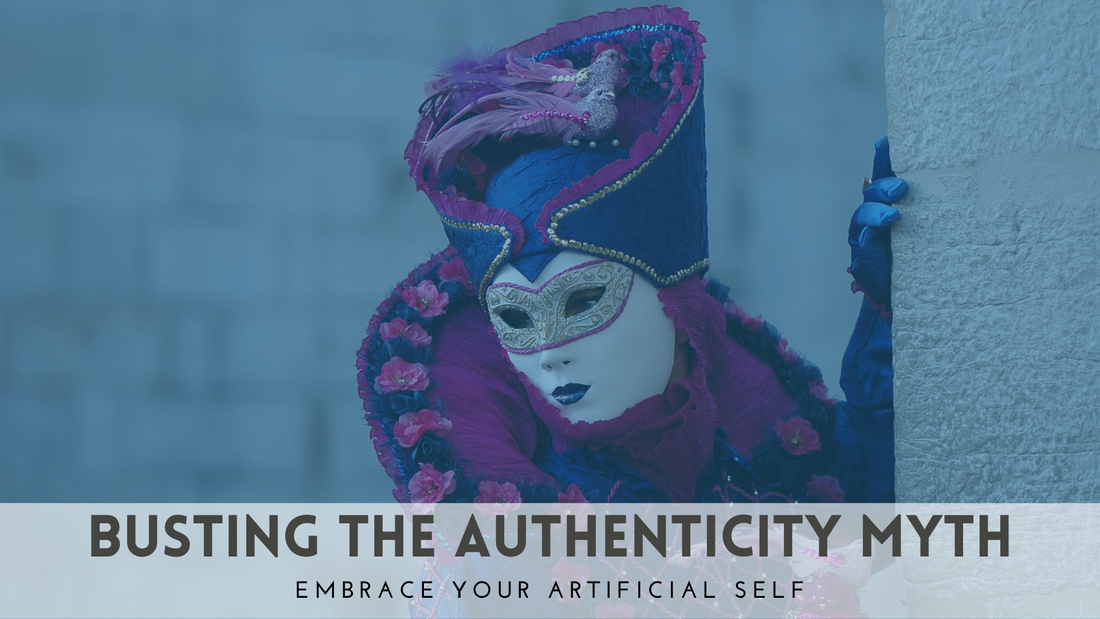
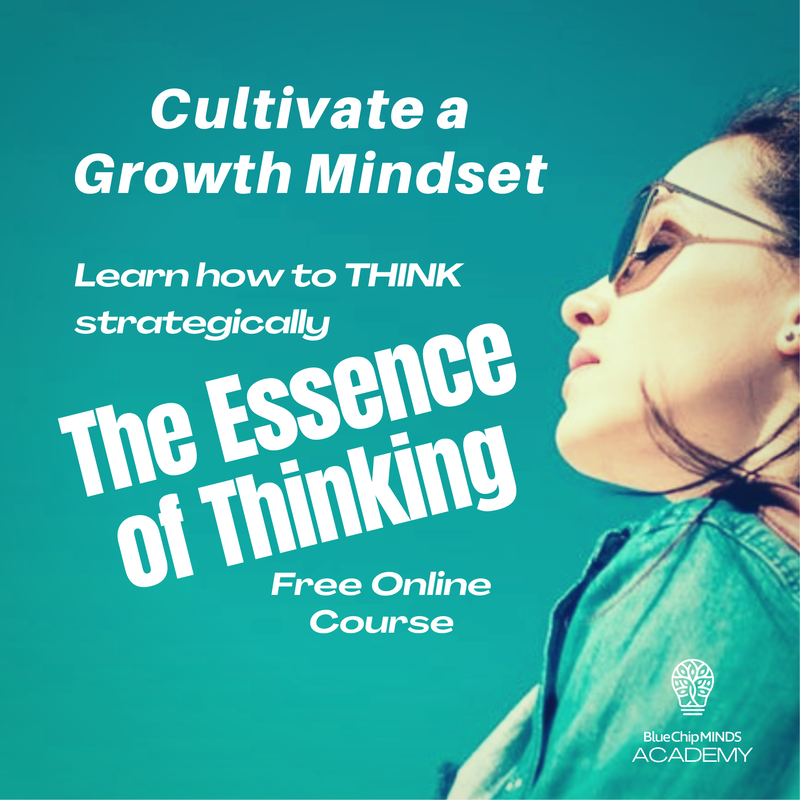
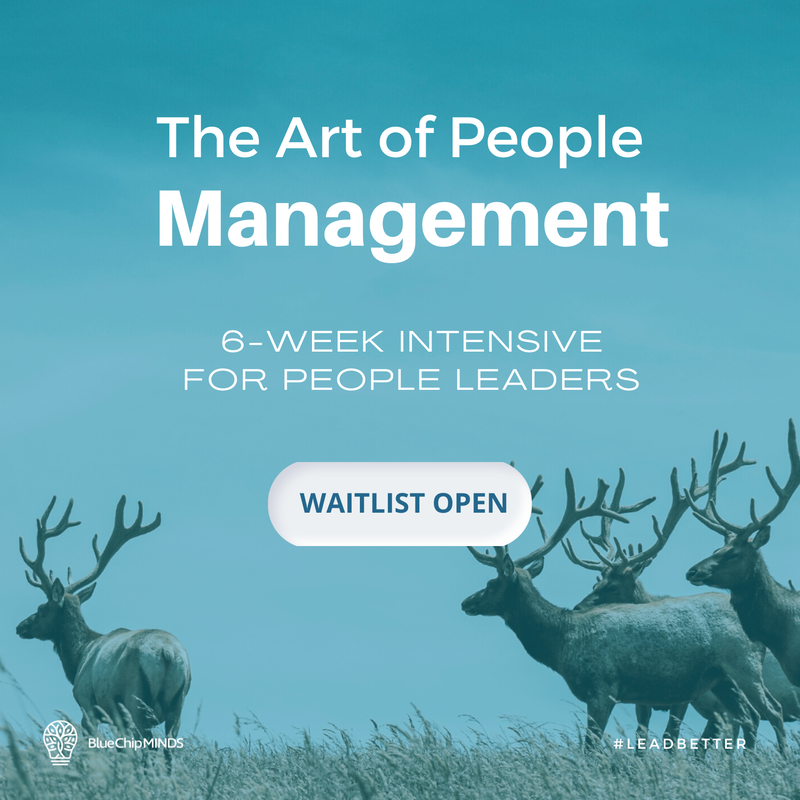
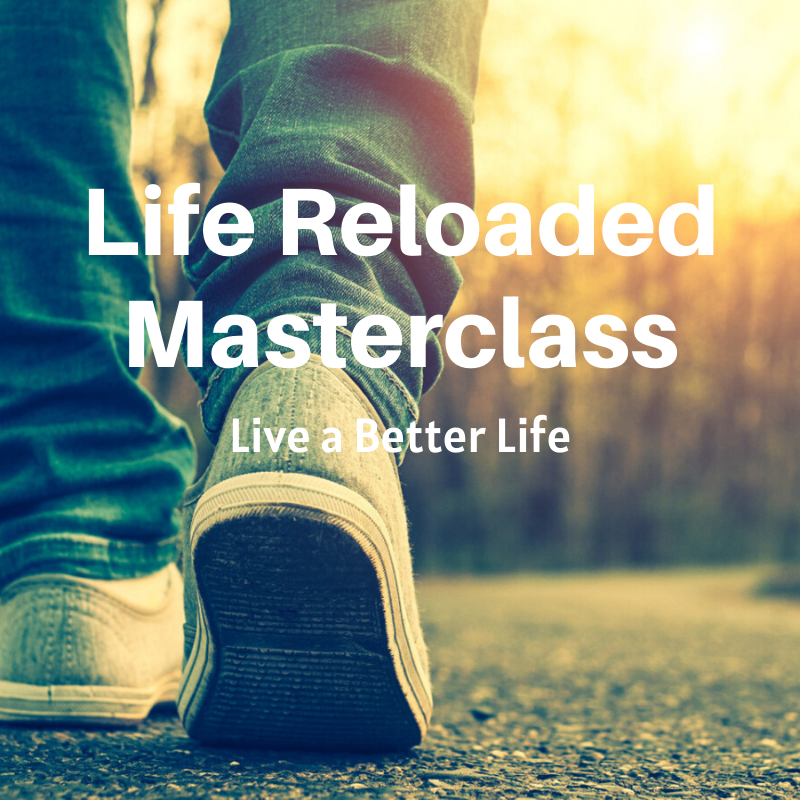
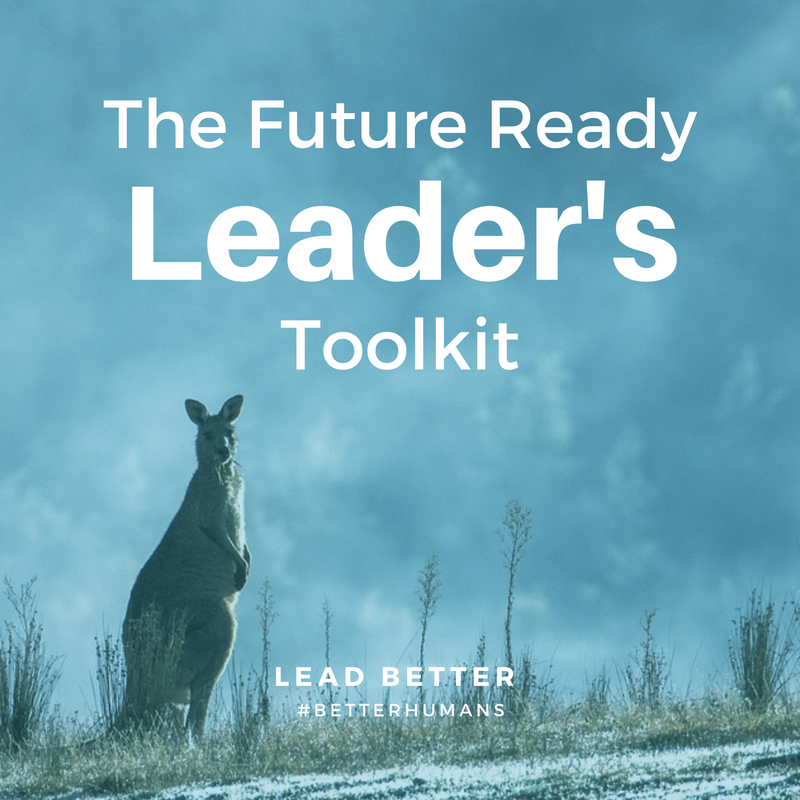
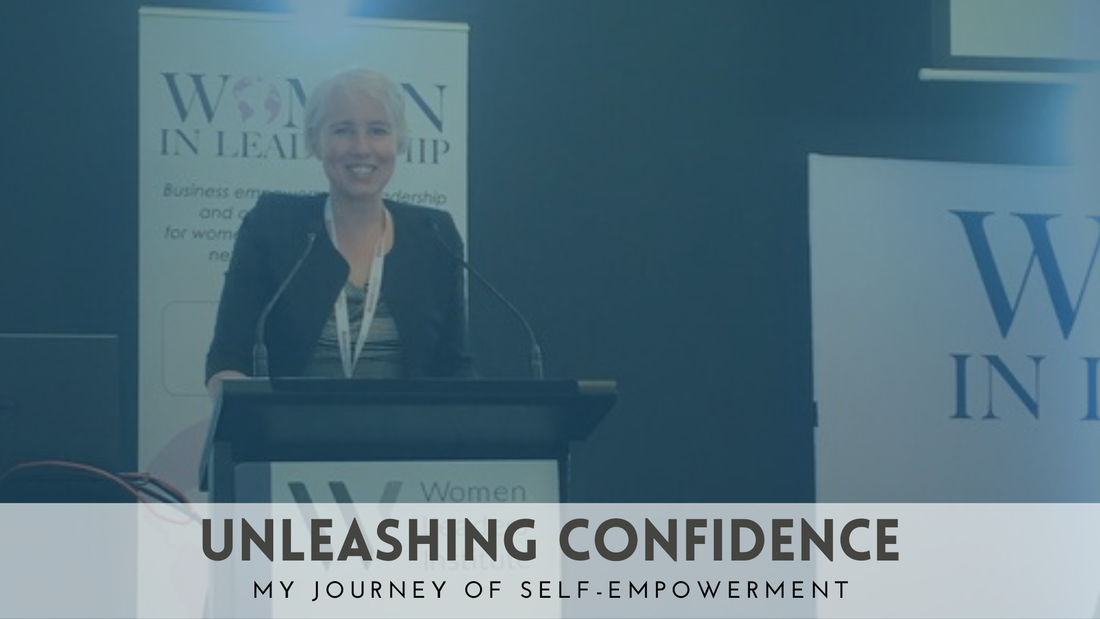
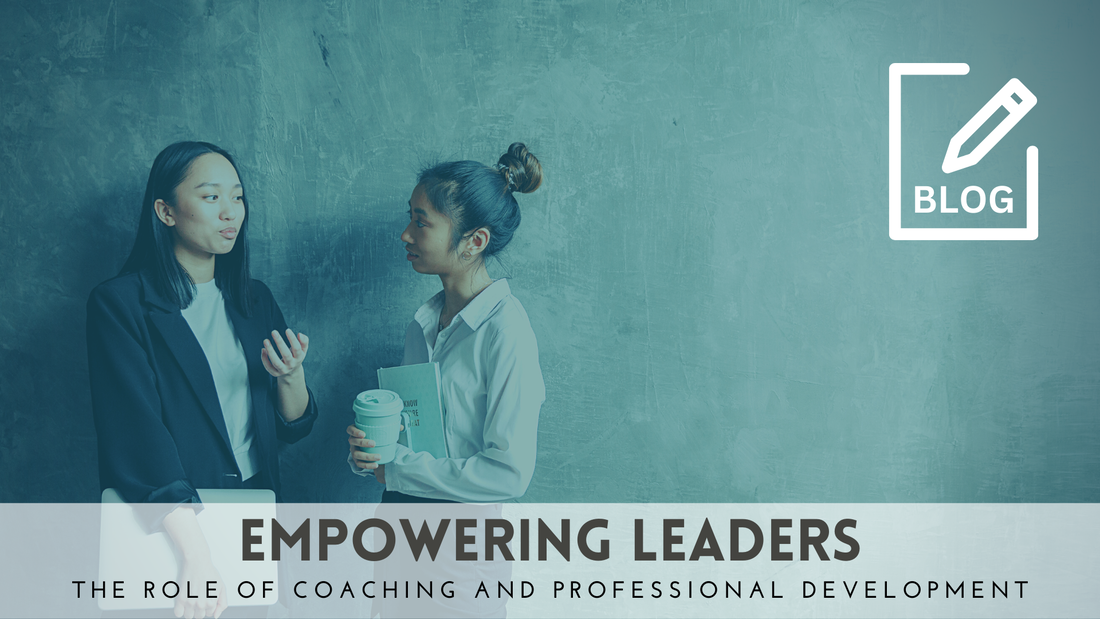
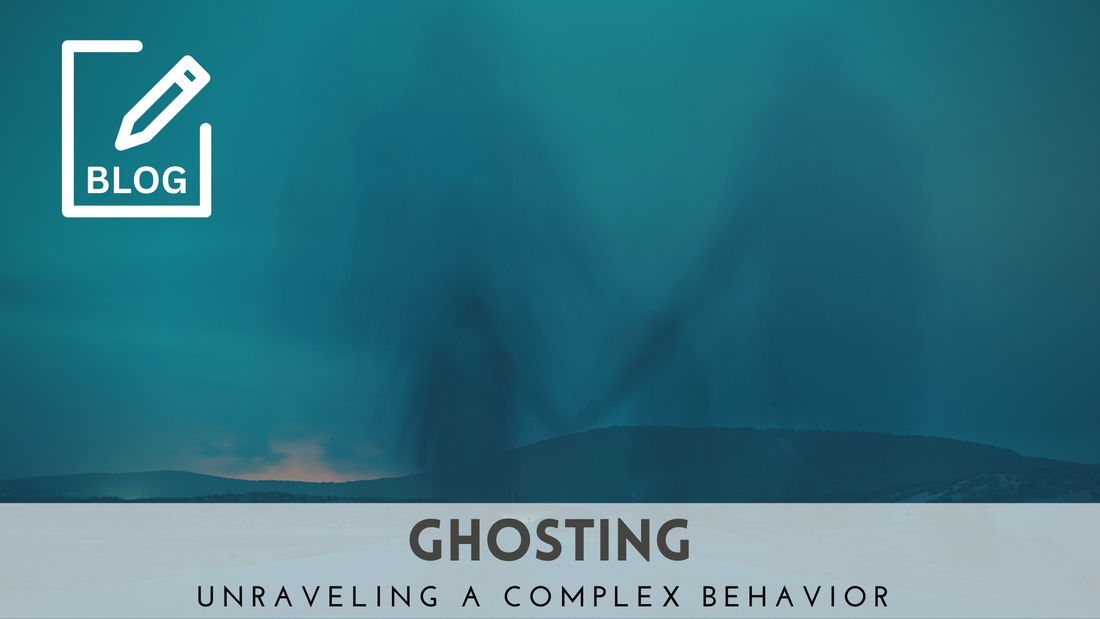
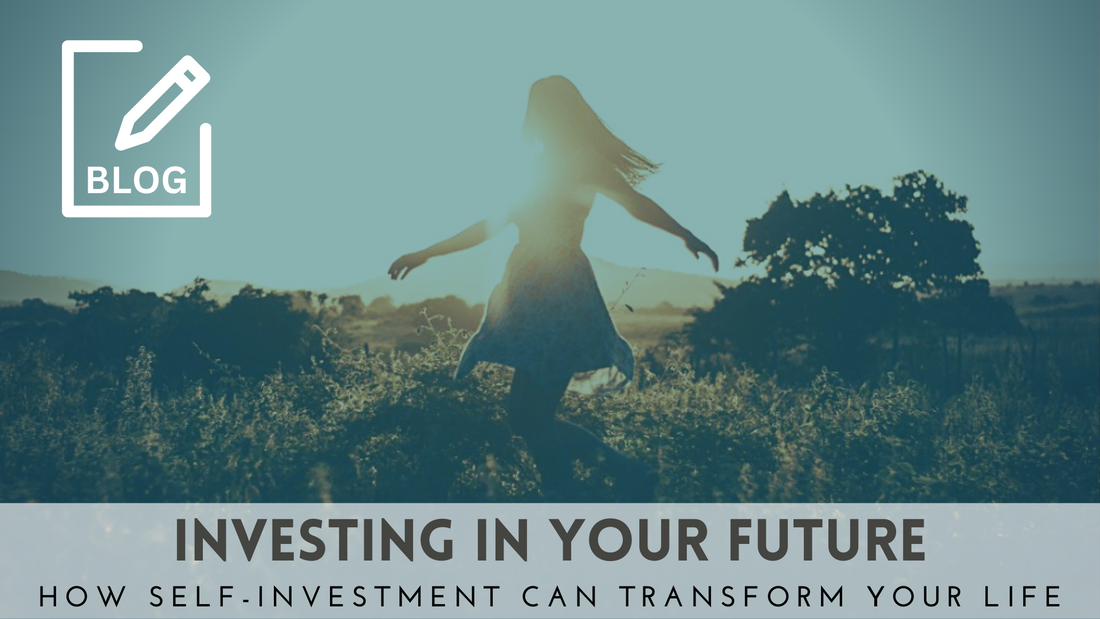
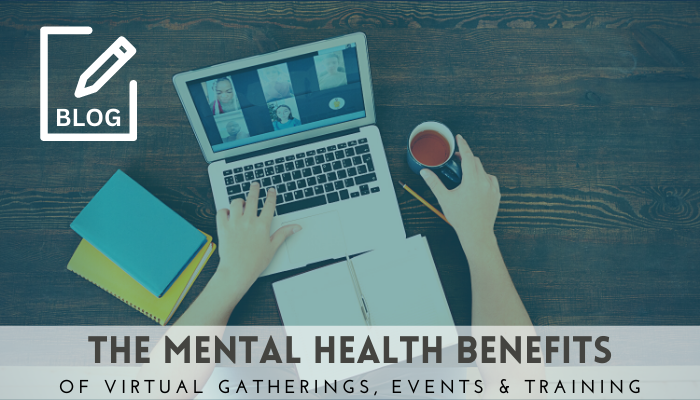

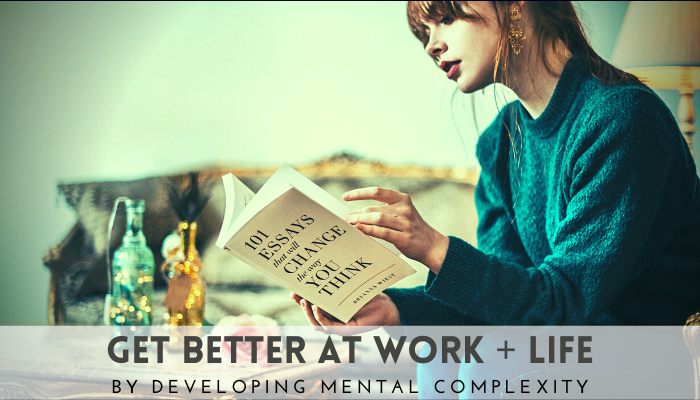
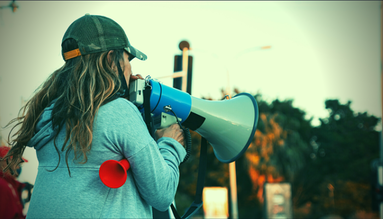
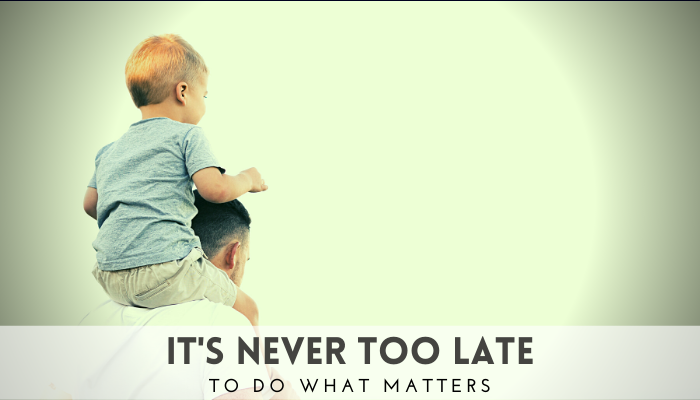
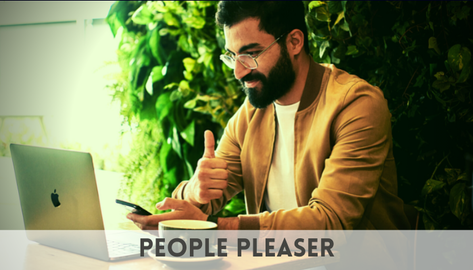



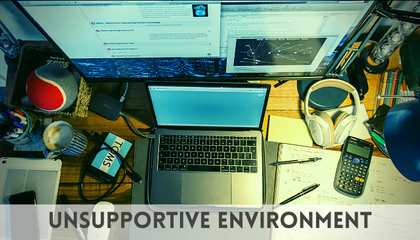


 RSS Feed
RSS Feed
